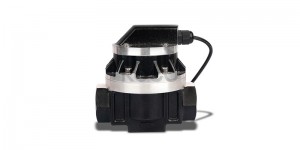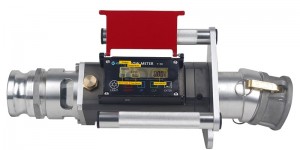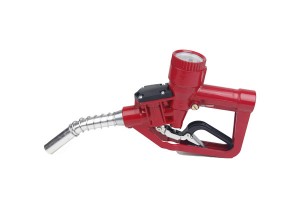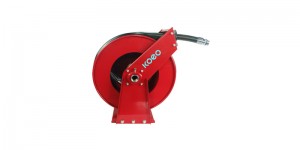In a variety of industrial processes, accurate measurement of liquid flow is critical to ensure efficient operation and maintain product quality. This is where flow meters come into play. A flow meter is a device used to measure the flow of liquid or gas in a pipe. It is an essential tool for industries such as oil and gas, chemicals, pharmaceuticals, water and wastewater treatment.
The use of flow meters provides several benefits to industrial processes. First, they provide accurate and reliable flow measurement, allowing operators to monitor and control the amount of liquid or gas being delivered. This is critical to ensure the right amount of material is delivered to the process, avoiding overflow, under-delivery or spillage. Additionally, accurate flow measurement is critical for billing purposes and to comply with environmental regulations.
Another major advantage of using a flow meter is the ability to increase process efficiency. By accurately measuring flow, operators can optimize their processes to reduce energy consumption and minimize waste. For example, in water treatment plants, flow meters can help regulate the amount of chemicals added to the water, resulting in cost savings and environmental benefits. In the oil and gas industry, flow meters are used to monitor the flow of crude oil, natural gas, and other hydrocarbons to ensure that production processes run smoothly and efficiently.
Additionally, flow meters are critical for detecting and diagnosing potential problems within the system. Sudden changes in flow may indicate a leak, clog, or other problem that needs to be addressed immediately. By installing flow meters at critical points in the pipeline, operators can quickly identify and resolve any issues, preventing costly downtime and product loss.
There are many types of flow meters on the market, each with its own advantages and limitations. Some of the most common types include electromagnetic flowmeters, ultrasonic flowmeters, turbine flowmeters, and differential pressure flowmeters. The choice of flow meter depends on factors such as the type of fluid being measured, flow range, required accuracy and operating conditions. It is important to select the correct flow meter for a specific application to ensure accurate and reliable measurements.
In conclusion, flow meters play a vital role in industrial processes by providing accurate measurement of liquid and gas flow rates. They help ensure process efficiency, regulatory compliance and cost savings, while also helping to detect and diagnose system problems. Due to the wide variety of flow meters available, industries must carefully consider their specific needs and select the appropriate flow meter for their application. By doing this, they can maximize the benefits of their flow meters and ensure their processes run smoothly and reliably.





